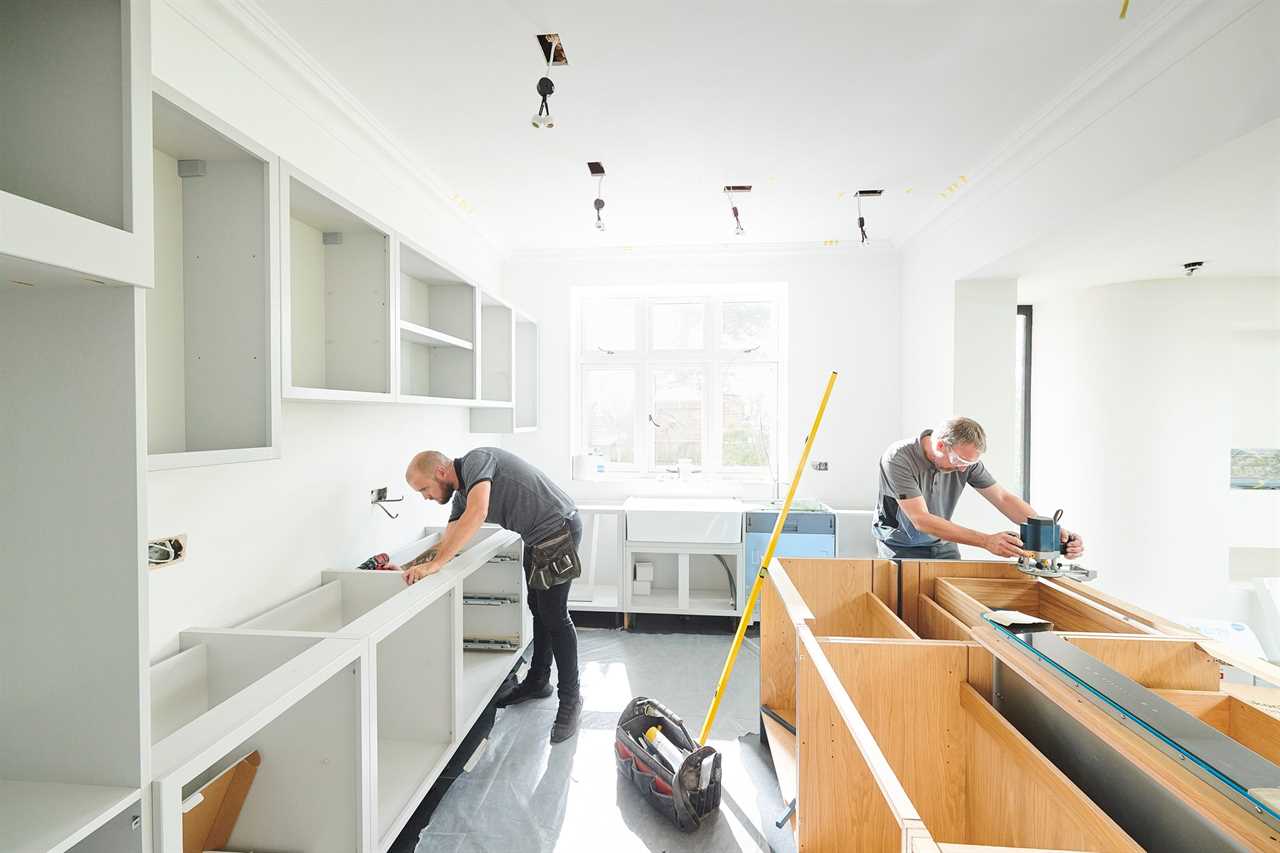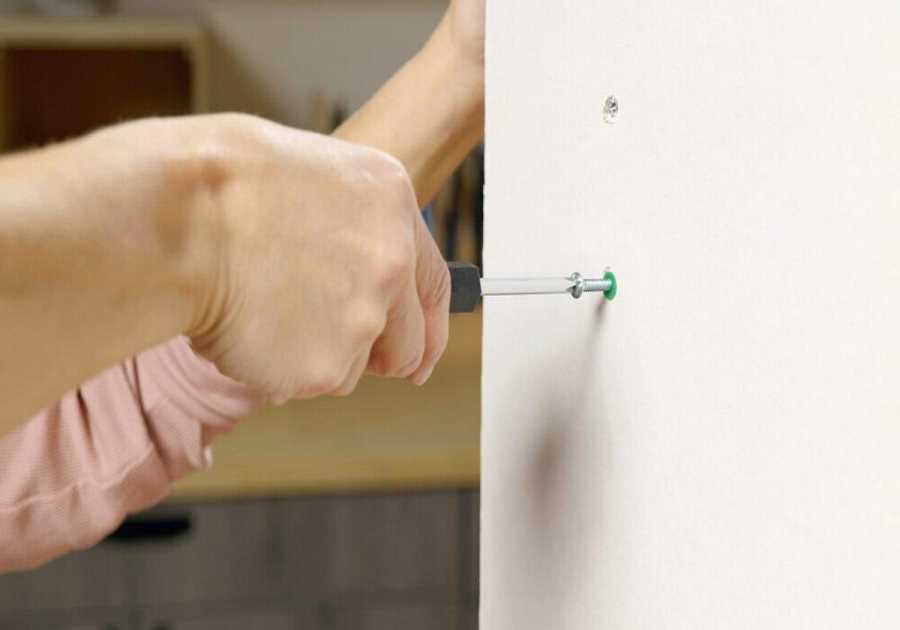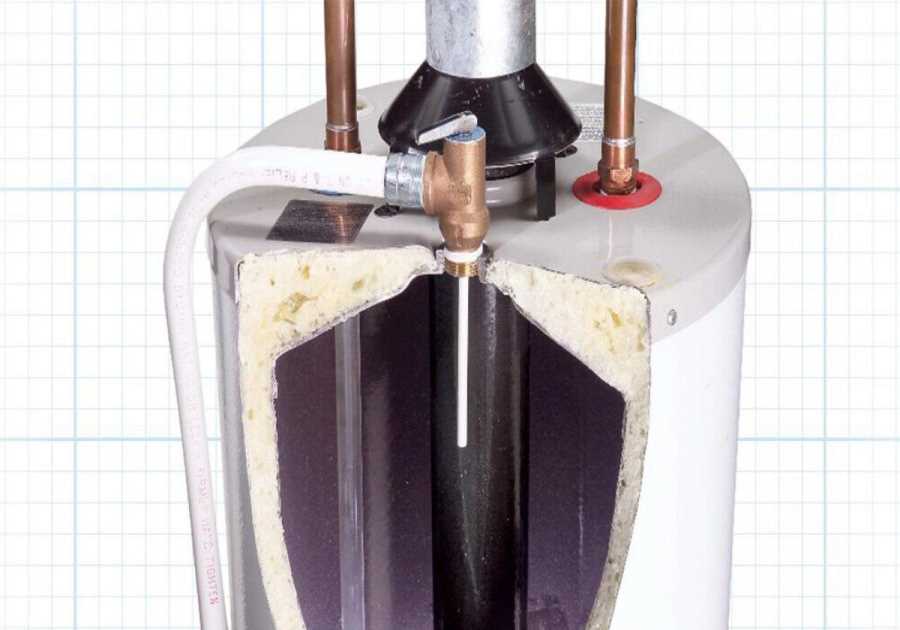A kitchen remodel is one of the biggest and most valuable home investments you’ll probably make. RE/MAX estimates the return on investment (ROI) for a kitchen overhaul runs between 75 and 100 percent.
It also can be one of the most frustrating projects you’ll ever experience, especially when you asked your contractor for cottage chic and you got industrial modern, over budget and past its deadline.
To get the kitchen of your dreams, here’s what you need to know about hiring a kitchen remolding contractor.
How To Hire a Kitchen Remodeling Contractor
Before you start, develop a plan that includes your design vision, wants vs. needs, budget and deadline. Next:
- Assemble a short list of qualified contractors, based on referrals from satisfied friends and family, online reviews and contractor websites. You also can contact national industry organizations like the National Kitchen and Bath Association (NKBA) and the National Association of the Remodeling Industry (NARI), which can provide referrals from members in good standing locally who specialize in kitchen remodels.
- Schedule an initial phone consultation with a few top picks. Then follow up with an in-person site meeting to discuss details/specs of the project before signing a contract. This will give you a better sense of the contractor’s approach and how well you interact with each other.
- Get a project estimate in writing. Keep in mind an estimate is a rough guess, while a bid is an offer that becomes part of the signed contract.
- Prepare for all aspects of a kitchen remodel, including the emotional stress of living in a construction zone. Set up a temporary cooking and eating area so you don’t have to eat out every day. Many customers don’t think about how the project will impact their lives, according to general contractor Hannah Guilford, a design/build member of NKBA who co-owns Heart and Hammer Homes with her husband Cody Guilford in Fryeburg, Maine. “I think it’s very important for clients to understand that your kitchen is going to be discombobulated for anywhere from four to 12 months, depending on the scale of your project, and realize what’s involved with that level of a remodel,” she says.
How Much Does a Kitchen Remodeling Contractor Cost?
Kitchen renovations come in all shapes and sizes, and so does the cost of hiring a kitchen remodeling contractor. According to Home Advisor, the average price is $25,885 or approximately $150 per square foot, with a typical redux landing between $13,375 and $38,414.
If your plan includes a major makeover, expect to spend around $70,000. For a luxe remodel, you’re looking at $130,000, minimum.
Of course, how much you spend depends on the scope of the project. Do want just a paint job, or custom cabinets and countertop upgrades? Are you moving walls and reconfiguring the footprint? Other factors that affect price are kitchen size, materials, labor/installation, plumbing, electrical, fixtures and appliances.

Questions To Ask a Kitchen Remodeling Contractor
To avoid being blindsided during a remodel, be sure to clarify a few things with a contractor before signing a contract:
- How long have you been in business? Experience matters in a kitchen remodel, so if the contractor is established, that’s a plus. If it’s the contractor’s first job, you should probably pass.
- Who will be the project supervisor? You need a skilled, accountable daily point person, whether it’s the general contractor or a project manager. This person makes sure things are getting done, correctly and on time.
- Do you use the same employees and/or sub-contractors for each job? A history of working with the same tile and flooring teams will ensure project consistency. Also, always check if your installers are professionally certified.
- What’s your communication style? Knowing whether a contractor uses a phone, text or email to discuss project status and how long it takes for them to respond is critical to managing project flow and expectations.
- Ask for an itemized bid. Knowing the different costs associated with the job will keep the budget on track and protect you in the event of a dispute. Details should include demo and trash removal, framing and finished carpentry, plumbing, appliances, tile, electrical work, lighting fixtures, drywall and painting
- What type of contract do you use? Two common construction contracts are fixed-priced (meaning no hidden costs) and cost-plus contracts. In the latter, the client agrees to pay the building expenses stated in the contract plus profit, say if a project comes in under budget. All contracts should include start and finish dates, costs of materials and labor, and handling of permits if necessary.
Kitchen Remodeling Contractor Qualifications
Anyone can claim they’re an experienced kitchen remodeling contractor. To guarantee you’re dealing with one, check their qualifications:
- Certifications/licenses/insurance: It’s important to hire a licensed, bonded and/or insured contractor. Always ask for a contractor’s license number and proof of workers’ compensation and liability insurance; call the agency to confirm it’s current. Note: Individual states set regulatory requirements for general contractors and some don’t require a license, so contact specific governing boards for local licensing laws. Also confirm specialty designation claims, such as a certified kitchen and bath remodeler (CKBR).
- Project images: Request photos of completed projects. These paint a picture of the contractor’s trustworthiness, workmanship and specialty experience.
- References: You’re essentially hiring a temporary employee for one of the most expensive renovations to your home. Ask for previous customer and business references, which can help guarantee a contractor can deliver on his or her promises.
How To Choose the Right Kitchen Remodeling Contractor
When it’s time to pick a contractor, how do you decide it’s a good fit? Different factors play a role:
- Reputation: Word-of-mouth reliably indicates a contractor’s worth. “Everyone knows the same exact thing by word of mouth, whether you’re a good contractor or a bad contractor,” says Cody. “And if people locally don’t know the contractor or feel the contractor is bad, that is a big, red flag.”
- Personality: Your remodeling contractor will become like a family member since he or she will be working in your home for months. So pick one with a great personality with whom you can develop a positive working relationship to ensure the experience is smooth for everyone.
- Budget: Kitchen remodels can be costly and most people need to stay on budget. Selecting the lowest bidder puts you at risk of going over budget with costly mistakes. While you get what you pay for, you don’t need to pick the highest bidder, either. A skilled contractor understands how to meet your budget using materials and labor efficiently while delivering your kitchen vision.






